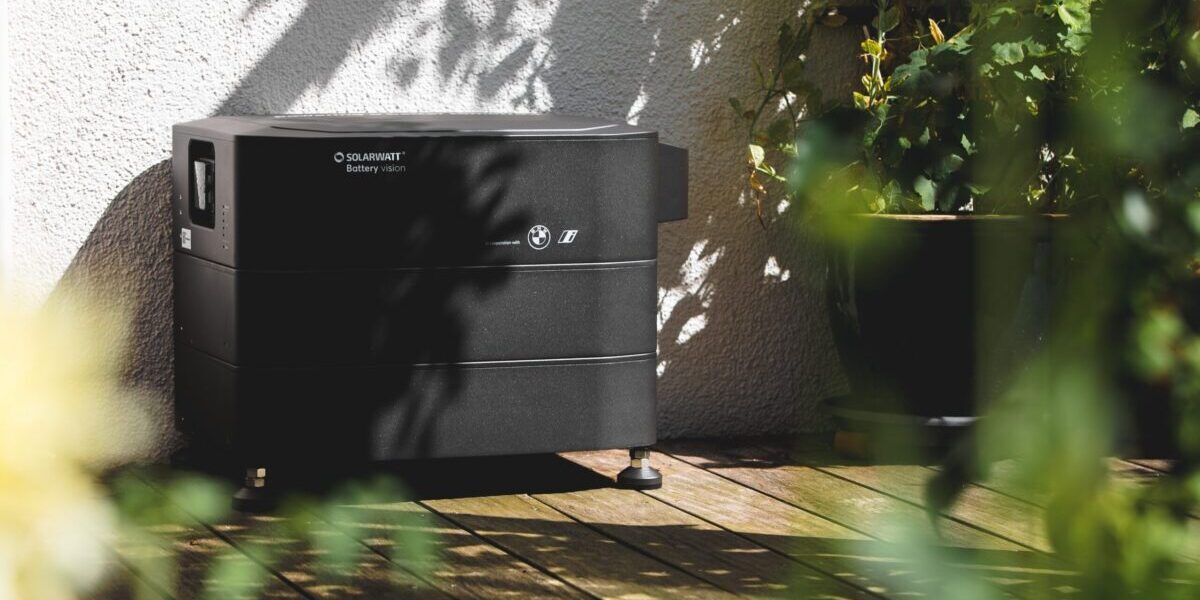The government of Bangladesh plans to use the rooftops of all educational institutions to generate solar power for the grid.
The nation has more than 150,000 primary schools, more than 25,000 secondary schools and hundreds of colleges and universities and officials said if they can be brought under a solar power scheme, renewables generation would experience a manifold increase.
Private sector investment aided by affordable finance will fund the plan, with the help of donor agency funding, with schools consuming the power generated and any excess injected to the grid.
“Steps have been taken to install solar system panels at the rooftops of all educational institutions,” Bangladesh finance minister AHM Mustafa Kamal said in his annual budget speech to parliament.
The minister said the aim is to generate 10 per cent of all electricity from renewables by next year. “In order to promote electricity generation at the rooftops of private buildings using solar home systems, a net metering guideline has been prepared,” he added.
Sources of funding
Net metering is already operational in Bangladesh with 179 producers generating more than 4.25 MW of solar power from rooftops daily.
Siddique Zobair, of the Sustainable and Renewable Energy Development Authority (SREDA) told pv magazine the school rooftop systems will be set up on a build, own and operate basis.
“At first we want to set up solar systems on rooftops of educational institutions in grid connected areas,” Zobair said, adding schools in off-grid areas would be brought under the scheme later.
The SREDA member said the state owned Infrastructure Development Company Limited would provide loans at 6% interest and commercial banks 9% credit for school rooftop private investors. “The scheme will be financially viable since nowadays solar power generation cost is lower than fossil fuel fired electricity,” he added.
Help to electrify villages
The private capital requirements would be affordable as the rooftop systems would have small generation capacities, said Zobair.
Dipal C Barua, president of the Bangladesh Solar and Renewable Energy Association told pv magazine foreign funds would be available for the school scheme provided systems were set up on a large scale and the electricity generated was bought by government-owned power distribution companies. Bangladeshi investors would be able to pay off foreign loans from the income generated by net metering, said Barua, adding the excess electricity fed into the grid would also help power nearby villages.
This content is protected by copyright and may not be reused. If you want to cooperate with us and would like to reuse some of our content, please contact: editors@pv-magazine.com.



1 comment
By submitting this form you agree to pv magazine using your data for the purposes of publishing your comment.
Your personal data will only be disclosed or otherwise transmitted to third parties for the purposes of spam filtering or if this is necessary for technical maintenance of the website. Any other transfer to third parties will not take place unless this is justified on the basis of applicable data protection regulations or if pv magazine is legally obliged to do so.
You may revoke this consent at any time with effect for the future, in which case your personal data will be deleted immediately. Otherwise, your data will be deleted if pv magazine has processed your request or the purpose of data storage is fulfilled.
Further information on data privacy can be found in our Data Protection Policy.